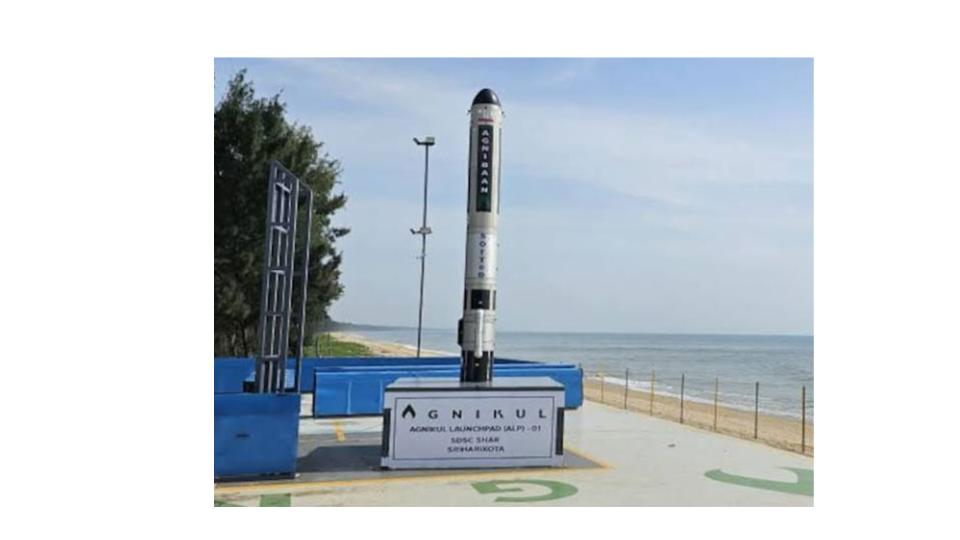Agnikul Cosmos launched its Agnibaan rocket for the first time on Thursday, powered by the only Indian rocket engine to use both gas and liquid fuel in the country’s second flight of a privately built rocket.
The Agnibaan’s first flight had been called off four times in the last two months because of technical issues. The most recent cancellation was Tuesday, when launch was aborted five seconds before lift-off.
“A major milestone, as the first-ever controlled flight of a semi-cryogenic liquid engine realized through additive manufacturing,” ISRO said on X.
Union Minister Rajeev Chandrasekhar also congratulated Agnikul Cosmos for successfully completing its first launch from Agnikul’s own and India’s only private launchpad at Satish Dhawan Space Centre (SDSC SHAR), Sriharikota.
“Congratulations @AgnikulCosmos @iitmadras Agnikul successfully completed its first launch from Agnikul’s own & India’s only private Launchpad within SDSC-SHAR. Besides being the world’s first flight with a single piece 3D printed rocket engine, this controlled flight is also India’s first flight with a semi cryogenic engine. The vehicle was completely designed in-house in India and assembled at Agnikul’s facilities within IIT Madras,” Chandrasekhar posted on X.
Agnibaan is a customisable, two-stage launch vehicle that can carry a payload of up to 300 kg (661 lb) into orbit of about 700 kilometres (435 miles).
Driven by LOX/Kerosene engines in all its stages, Agnibaan is configurable by the customer. The mission, the satellite and the launch port itself would decide how many engines go on the first stage.
The suborbital flight on Thursday was meant to test the new engine and 3D-printed parts; the company did not immediately say how long the test lasted or what altitude the rocket reached.
Pawan K Goenka, chairman of space regulator Indian National Space Promotion and Authorisation Centre (IN-SPACe), also hailed the “historic moment”. The Indian Space Association (ISpA) said the launch would “bolster global confidence” in the country’s private space industry.
Prime Minister Narendra Modi has been pushing for the privatisation and commercialisation of the country’s space sector in the last few years.
India’s first privately developed rocket, from the company Skyroot, flew in 2022.
Agnikul, whose name is derived from the Hindi and Sanskrit word for fire, was founded in 2017 and runs India’s first private launchpad and mission control center. All other launchpads are operated by ISRO.
In 2023, in a stellar display of prowess, India soared to new heights with the successful soft landing of Chandrayaan-3 on the South Pole of the Moon and the successful launch of Aditya-L1, India’s first solar mission.
(Inputs from agencies)




















